Your dog’s well-being is always a priority.
Others are reading now
Your dog’s well-being is more than just ensuring their basic needs are met—it’s about fostering a happy, healthy, and fulfilling life for your loyal companion.
Dogs bring endless joy and unconditional love into our lives, and in return, they rely on us for care, comfort, and guidance.
By actively working to improve their physical health, emotional stability, and mental stimulation, you can strengthen your bond and ensure your dog thrives in every stage of life.
A well-cared-for dog isn’t just happier—they’re also healthier and more resilient, making their life with you even more rewarding.
Also read
Exercise Is Non-Negotiable

Physical activity is crucial for your dog’s overall health—both physical and mental.
It prevents obesity, alleviates anxiety, and strengthens the heart.
While high-energy breeds like Border Collies require long walks or runs, smaller breeds like Pugs thrive on shorter but lively outings.
Tailor the intensity and duration of exercise to your dog’s age and needs, and make it an enjoyable experience for both of you!
Show Love and Attention

Dogs are social animals that thrive on human connection.
Engaging in playtime, petting, and gentle communication strengthens your bond and prevents feelings of loneliness.
Every dog is unique, but all need to feel like an integral part of the family for their emotional well-being to flourish.
Adapt to the Needs of Senior Dogs
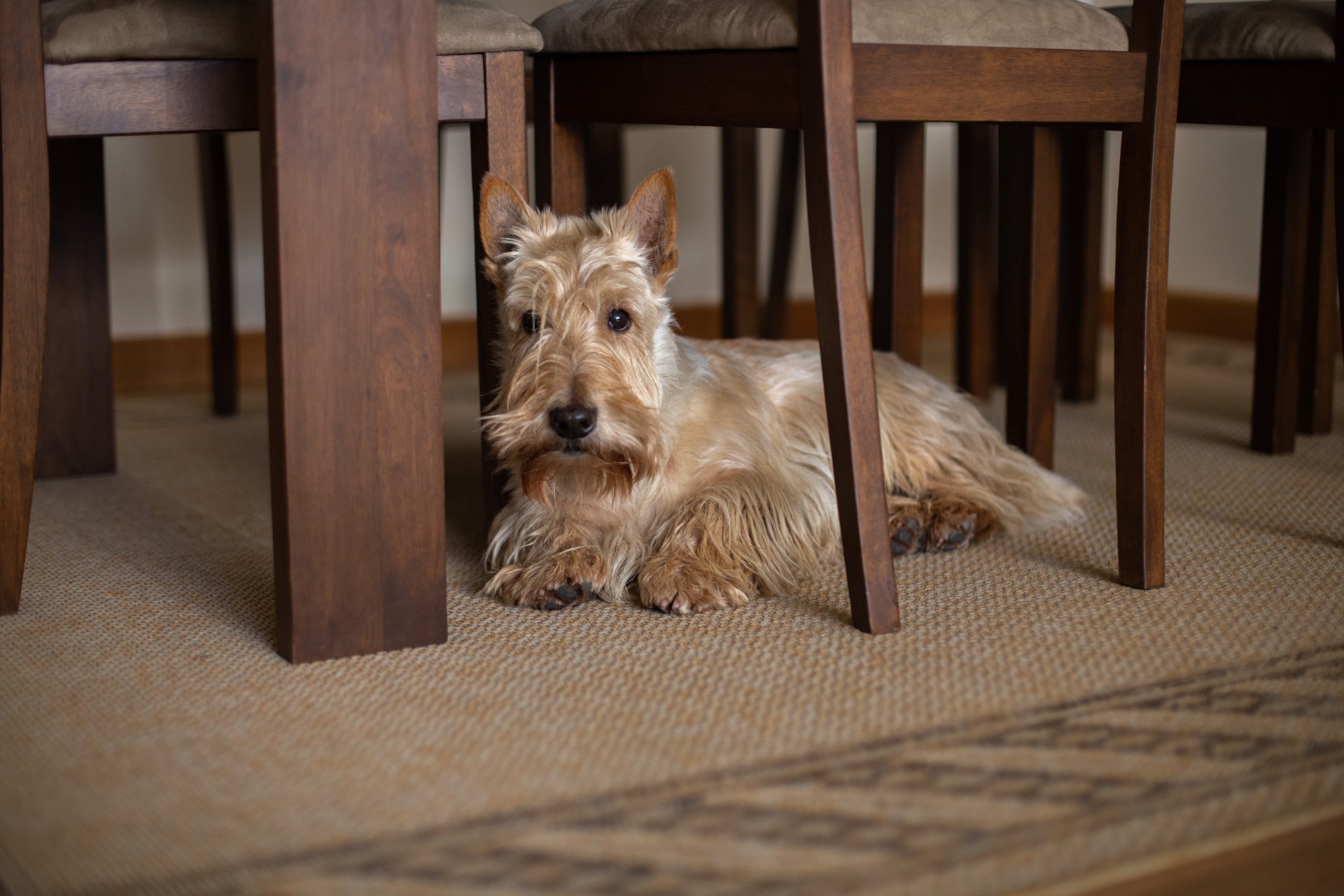
As dogs age, their needs evolve.
While older dogs may require less physical activity, they often benefit from more mental stimulation and a diet tailored to their changing health.
Regular vet visits can help address age-related issues like arthritis, vision loss, or cognitive decline.
By being attentive to these changes, you ensure your senior dog enjoys a high quality of life in their golden years.
Encourage Socialization

Positive social experiences are vital for your dog’s behavior and emotional stability.
Expose them to new environments, people, and other animals in a gradual and positive manner.
This ongoing process reduces the risk of anxiety and helps your dog remain confident throughout their life.
Create a Safe and Comfortable Home

Your dog’s well-being depends on a secure and cozy living space.
Ensure your home is free from hazards and provides enough room for play and relaxation.
A comfy bed, engaging toys, and a consistent spot where they feel safe can significantly boost their sense of security and happiness.
Prioritize a Balanced Diet

Good nutrition is the cornerstone of your dog’s health.
Opt for high-quality food that meets their dietary requirements for protein, fats, carbohydrates, vitamins, and minerals.
Adding fresh, healthy ingredients like lean meats or vegetables can be beneficial, but avoid toxic foods such as chocolate or onions.
Consult your vet regularly to adjust your dog’s diet as needed.
Don’t Overlook Dental Care
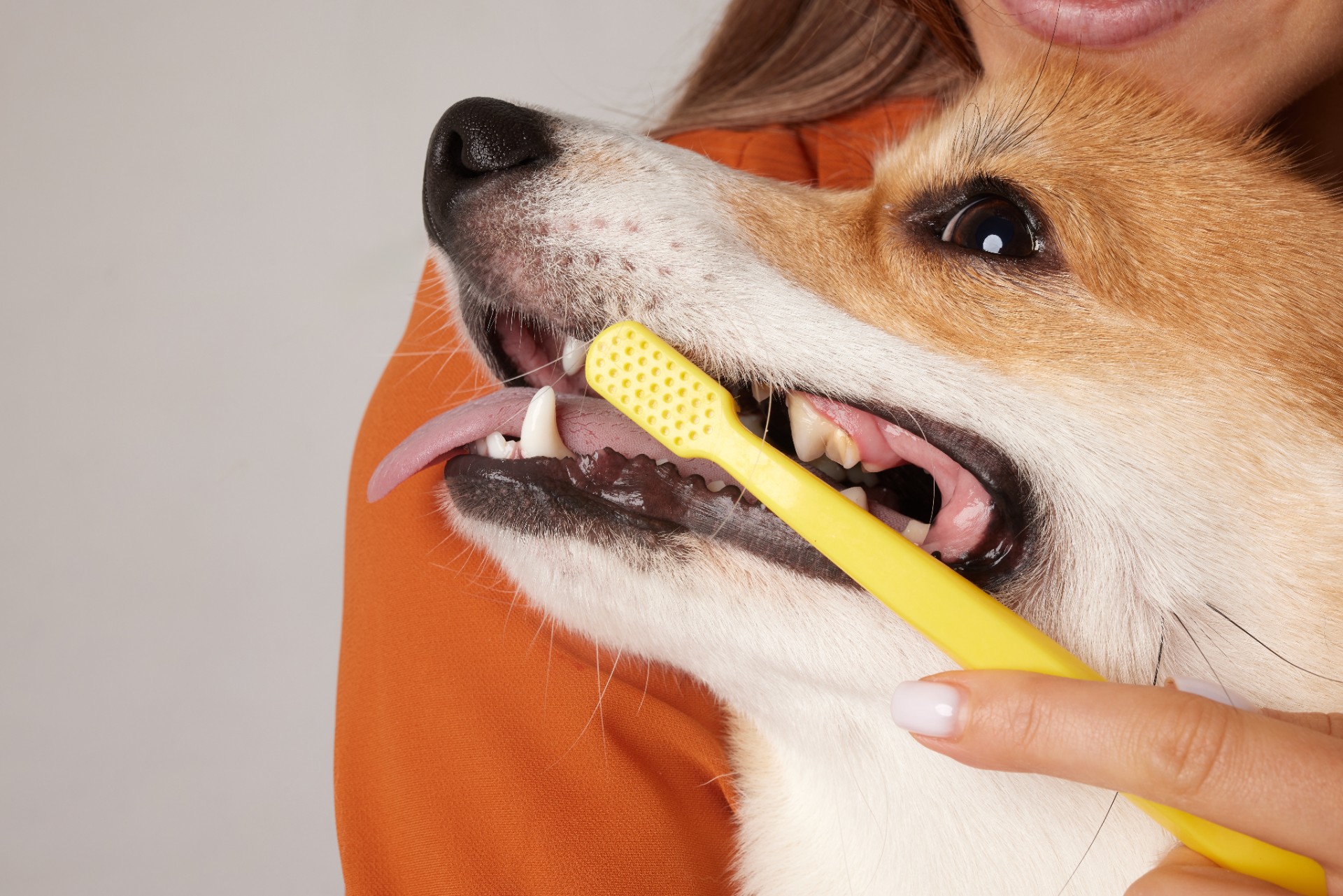
Oral health is an often-overlooked but critical aspect of your dog’s overall well-being.
Ideally, brush their teeth daily or at least a few times a week.
Use dental chews or specialized food to complement their oral hygiene routine, and schedule regular professional cleanings to prevent serious dental issues.
Keep Their Mind Sharp with Training
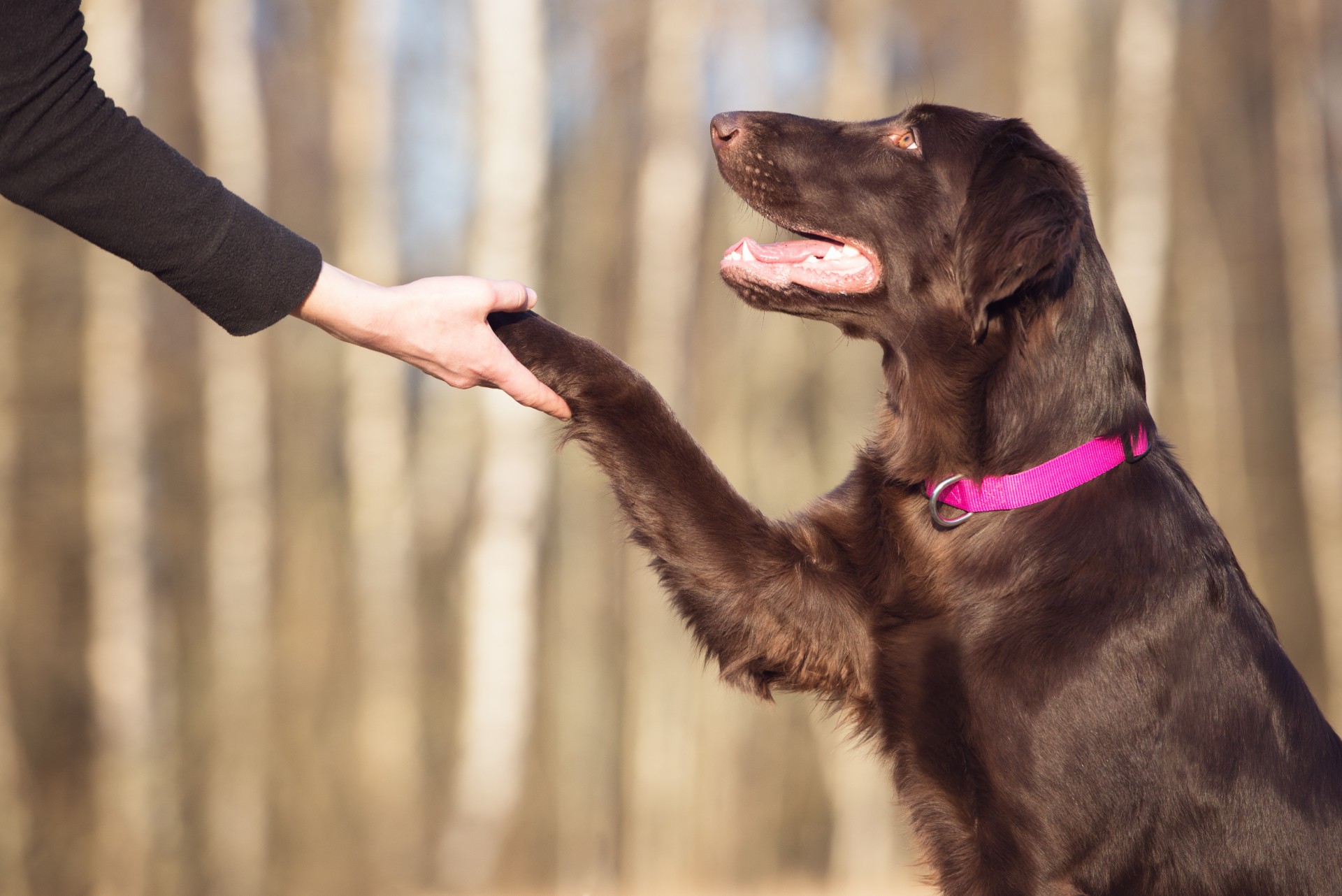
Training isn’t just about obedience—it’s a mental workout that keeps your dog’s mind sharp.
Puzzle toys, scavenger hunts, or learning new tricks are great ways to engage their brain.
Regular training sessions also reduce behavioral issues and strengthen the bond between you and your dog, ensuring a more harmonious relationship.
Schedule Routine Vet Visits
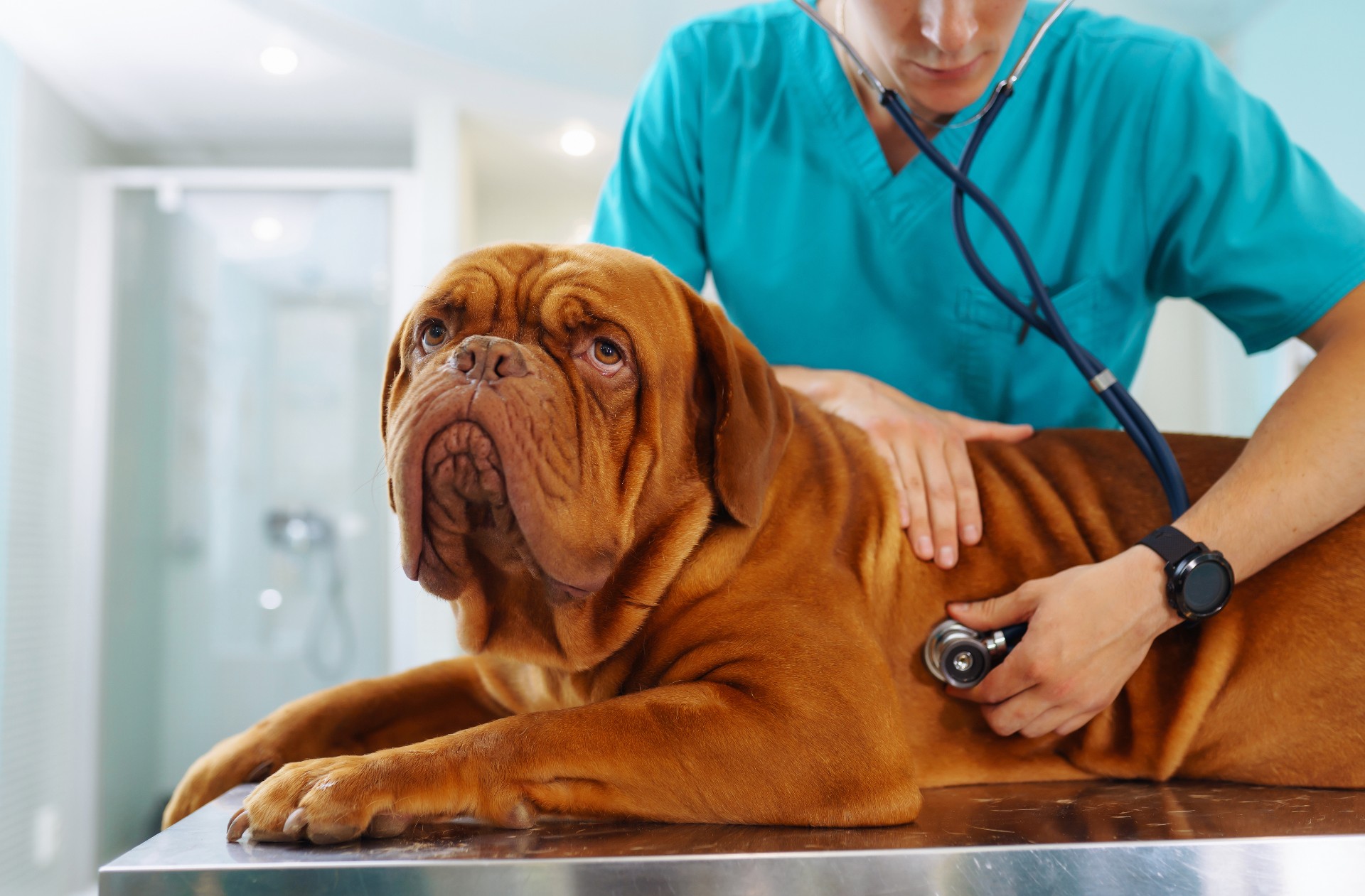
Routine checkups are essential to catch health issues early.
Vaccinations, dental exams, and tailored dietary advice help ensure your dog stays in peak condition.
A proactive approach to veterinary care allows your dog to live their healthiest and happiest life.
Make Grooming a Priority
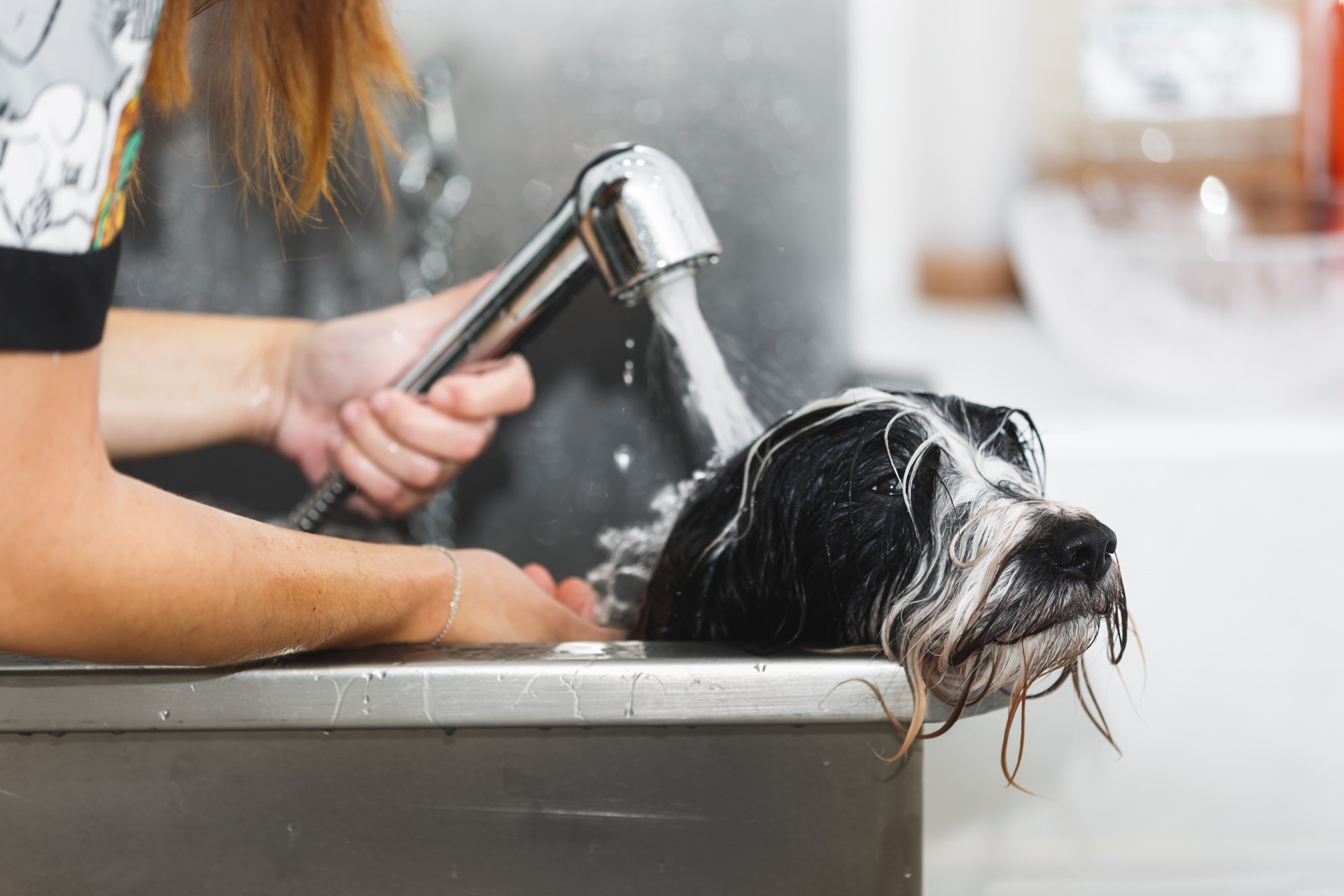
Grooming isn’t just about appearances—it’s vital for your dog’s health and comfort.
Regular brushing reduces shedding, prevents matting, and helps you detect skin problems or parasites early.
Bathing and nail trimming should also be part of your routine to keep your dog looking and feeling their best.


